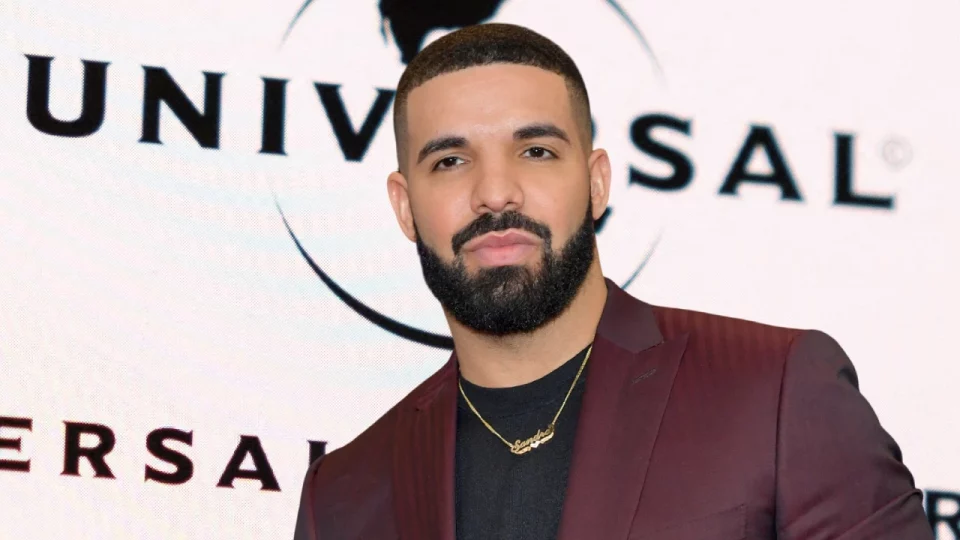Drake, the Toronto-born rapper and global superstar, has accused Universal Music Group (UMG) of engaging in payola practices to boost the success of rival Kendrick Lamar’s hit diss track, Not Like Us.
The allegations, detailed in a petition filed by Drake’s company Frozen Moments LLC, claim that UMG orchestrated a manipulative campaign involving streaming platforms, artificial intelligence, and social media influencers to promote Lamar’s song at the expense of Drake’s career and reputation.
Table of Contents
The Allegations: A Manipulated Rise to No. 1
Drake’s filing presents a vivid picture of alleged foul play orchestrated by UMG. According to the document, the music label leveraged its influence over streaming platforms like Spotify and Apple Music to artificially inflate the popularity of Not Like Us, Kendrick Lamar’s explosive diss track. The song, which became Lamar’s fourth No. 1 hit and first solo debut at the top of the Billboard Hot 100, shattered several records previously held by Drake himself. From breaking Spotify streaming benchmarks to earning five Grammy nominations, the track cemented Lamar’s dominance and effectively ended the pair’s ongoing rap battle.
But Drake asserts that the song’s success wasn’t entirely organic. The petition alleges:
- Manipulated Recommendations: UMG reportedly paid Spotify to recommend Not Like Us to users searching for unrelated artists, including Drake. This tactic allegedly created a false sense of the song’s popularity.
- Siri Redirection: Perhaps most controversial, the filing accuses UMG of paying Apple to alter Siri’s responses. Users who asked Siri to play Drake’s 2021 album were allegedly redirected to Lamar’s track instead.
- Bot Traffic and Pay-to-Play Deals: Drake claims UMG deployed bots and engaged in “pay-to-play” arrangements to inflate streaming numbers artificially.
These practices, according to the lawsuit, generated a “false impression” that Not Like Us was a cultural phenomenon, while discrediting Drake’s own influence and artistry.
Personal and Professional Repercussions for Drake
While the lyrical content of Not Like Us certainly struck a nerve—labeling Drake’s OVO crew as “certified pedophiles” and implying inappropriate relationships with minors—the rapper’s petition focuses less on these accusations and more on the mechanics behind the song’s meteoric rise.
Drake alleges that UMG not only amplified Lamar’s song but also actively worked against his career by targeting his loyalist network within the company. According to the filing:
- Internal Firings: Employees perceived as being loyal to Drake were allegedly terminated, creating a toxic corporate environment.
- Social Media Smear Campaign: Influencers were reportedly paid to promote Not Like Us on platforms like TikTok and Instagram, without disclosing these financial arrangements.
The consequences extended beyond the charts. Drake claims that UMG’s favoritism of Lamar hurt his back catalog’s streaming numbers, reducing its visibility and profitability. This favoritism, Drake asserts, amounts to a breach of the company’s fiduciary duties to him as one of its top artists.
UMG, for its part, has vehemently denied these allegations. In a statement, a spokesperson for the label called the accusations “contrived” and insisted that the company employs “the highest ethical practices in our marketing and promotional campaigns.”
Kendrick Lamar’s Role: An Innocent Beneficiary or Willing Participant?
While Drake’s legal action focuses primarily on UMG, Kendrick Lamar remains an unavoidable figure in this saga. Not Like Us was not only a chart-topping success but a pivotal moment in the rapper’s career, positioning him as one of hip-hop’s most formidable forces.
Critics and fans alike have debated whether Lamar knowingly benefited from UMG’s alleged manipulation or if he was simply an artist whose raw talent and pointed lyrics resonated with the public. The timing of the track’s release—at the peak of Drake and Lamar’s heated rivalry—added fuel to the fire. The diss track’s direct attacks on Drake’s personal life and professional credibility made it a cultural touchstone, further amplified by social media trends and viral challenges.
If the allegations against UMG hold any merit, the question remains: Was Lamar complicit in these tactics, or was he just a pawn in a broader corporate strategy? For now, Lamar has remained silent on the matter, allowing the focus to remain on UMG and Drake’s legal maneuvers.
